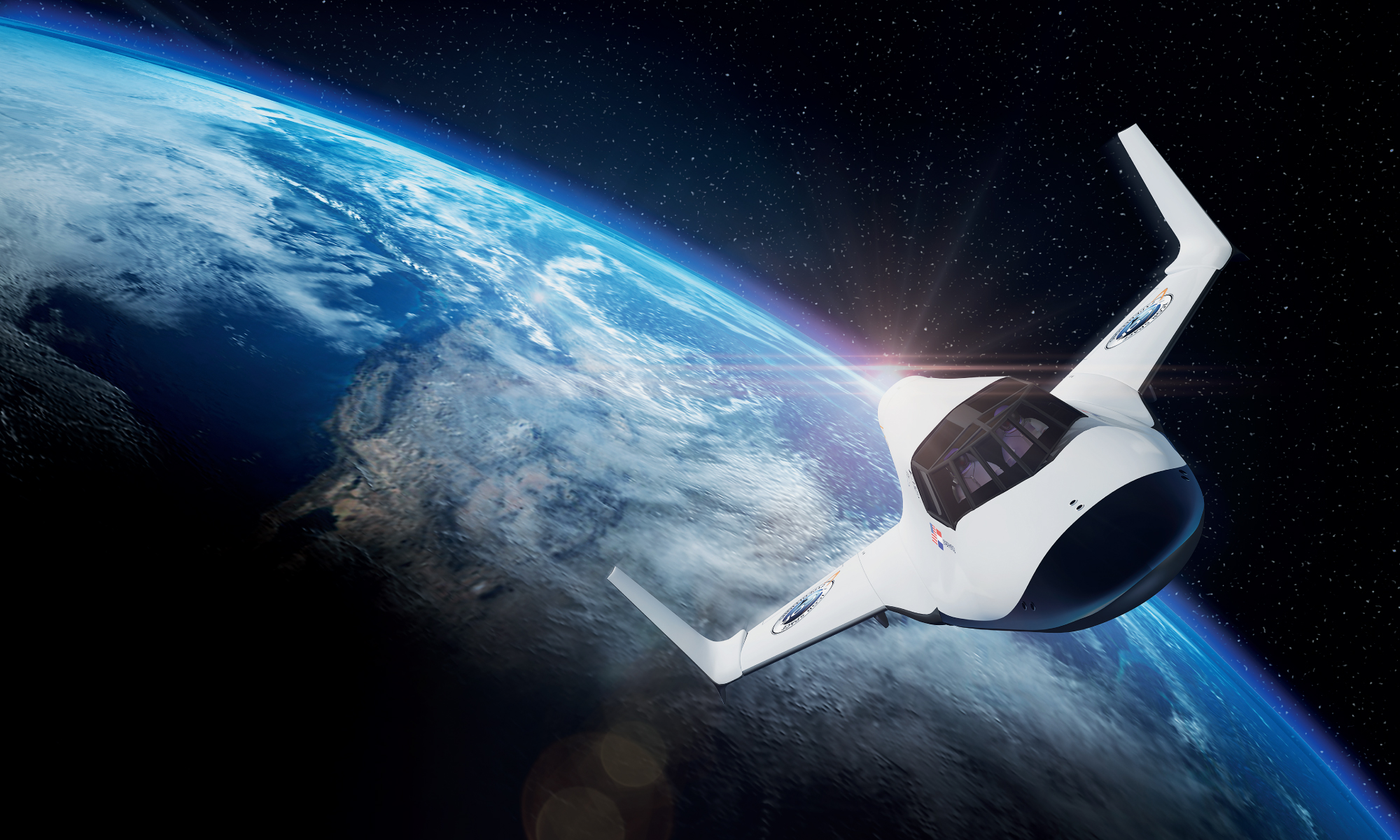Stamp with Attached Label: Anniversary of First Manned Space Flight (Soviet Union, USSR 1962)
Anniversary of First Manned Space Flight (Soviet Union, USSR 1962)
12 April (Soviet Union, USSR ) within release 1st Anniversary of First Manned Space Flight goes into circulation Stamp with Attached Label Anniversary of First Manned Space Flight face value 10 Russian kopek
| Stamp with Attached Label Anniversary of First Manned Space Flight in catalogues | |
|---|---|
| Michel: | Mi: SU 2587bCZf |
Stamp with Attached Label is horizontal format.
With lilac label.Also in the issue 1st Anniversary of First Manned Space Flight:
- Stamp with Attached Label - Anniversary of First Manned Space Flight face value 10;
- Stamp with Attached Label - Anniversary of First Manned Space Flight face value 10;
- Full Pane - 1st Anniversary of First Manned Space Flight face value 20*10;
Stamp with Attached Label Anniversary of First Manned Space Flight it reflects the thematic directions:
An anniversary is the date on which an event took place or an institution was founded in a previous year, and may also refer to the commemoration or celebration of that event. For example, the first event is the initial occurrence or, if planned, the inaugural of the event. One year later would be the first anniversary of that event. The word was first used for Catholic feasts to commemorate saints. Most countries celebrate national anniversaries, typically called national days. These could be the date of independence of the nation or the adoption of a new constitution or form of government. The important dates in a sitting monarch's reign may also be commemorated, an event often referred to as a "Jubilee".
A globe is a spherical model of Earth, of some other celestial body, or of the celestial sphere. Globes serve purposes similar to maps, but, unlike maps, they do not distort the surface that they portray except to scale it down. A model globe of Earth is called a terrestrial globe. A model globe of the celestial sphere is called a celestial globe
Outer space (or simply space) is the expanse that exists beyond Earth's atmosphere and between celestial bodies. It contains ultra-low levels of particle densities, constituting a near-perfect vacuum of predominantly hydrogen and helium plasma, permeated by electromagnetic radiation, cosmic rays, neutrinos, magnetic fields and dust. The baseline temperature of outer space, as set by the background radiation from the Big Bang, is 2.7 kelvins (−270 °C; −455 °F)
A rocket (from Italian: rocchetto, lit. 'bobbin/spool') is a vehicle that uses jet propulsion to accelerate without using any surrounding air. A rocket engine produces thrust by reaction to exhaust expelled at high speed. Rocket engines work entirely from propellant carried within the vehicle; therefore a rocket can fly in the vacuum of space. Rockets work more efficiently in a vacuum and incur a loss of thrust due to the opposing pressure of the atmosphere.




